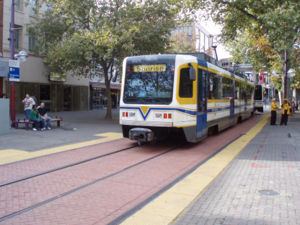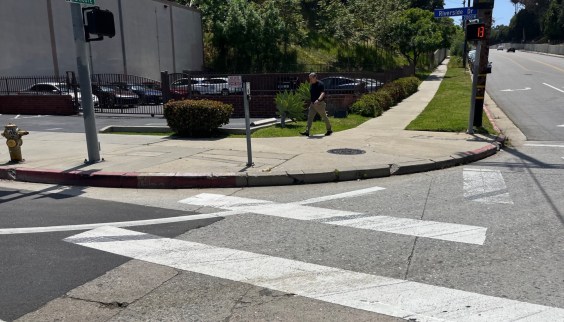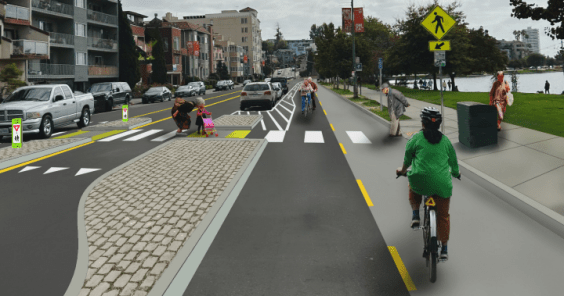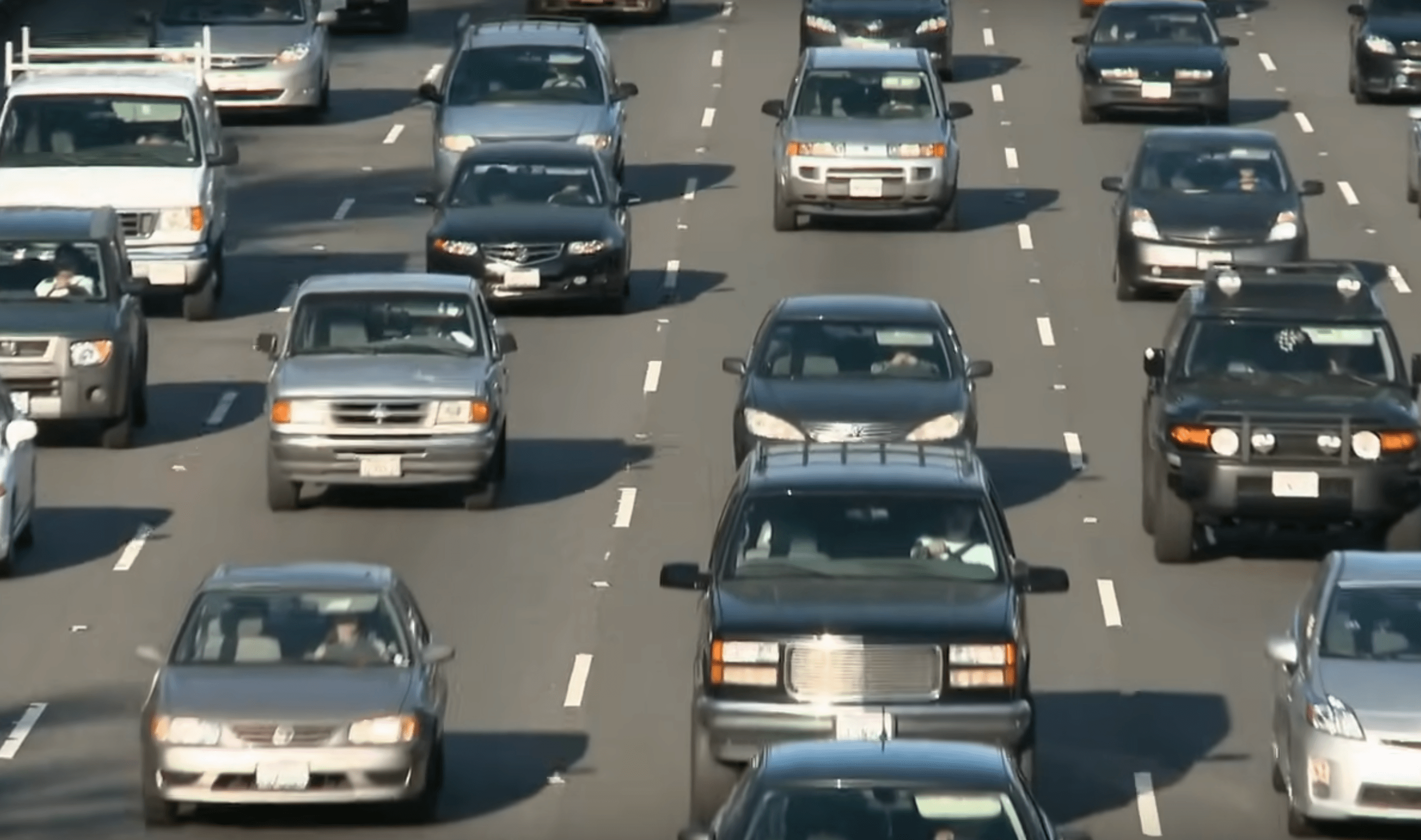Note: GJEL Accident Attorneys regularly sponsors coverage on Streetsblog San Francisco and Streetsblog California. Unless noted in the story, GJEL Accident Attorneys is not consulted for the content or editorial direction of the sponsored content.
The California Air Resources Board (CARB) extended a deadline for the public to weigh in on how the state should prioritize California Climate Investments funding, also known as the Greenhouse Gas Reduction Fund (GGRF). This is money collected under the state cap-and-trade system. The funds are supposed to be a side benefit of cap-and-trade, which was set up as a "market mechanism" to get industry to reduce greenhouse gas emissions without having to just make polluting illegal.
Cap-and-trade might not be doing all that much to reduce emissions (viewpoints differ), but it has definitely been successful in creating a market that brings $2 to $4 billion to the state every year.
The legislature annually decides how to spend that money as part of its budget process.
In 2022, the money went to annual appropriations for high-speed rail, the Affordable Housing and Sustainable Communities program (AHSC), forest health and fire prevention, Transit and Intercity Rail Capital (TIRCP), transit operations, and the Safe Drinking Water program. There are also other administrative costs and some one-time investments in heavy-duty zero-emission vehicle incentives, the Clean Cars 4 All program, a one-time bump in the Active Transportation Program, and money to expand air monitoring and help implement A.B. 617, the Community Air Protection Program. In all, the GGRF supports 73 California Climate Investments programs, administered by 22 state agencies [info from the 2022 Fact Sheet - PDF].
The survey is looking for public input to help decide how the guidelines for these programs should reflect community concerns. It asks for suggestions on developing better ways of finding and reaching out to priority populations, identifying partners, and getting the word out about the programs that are funded.
Next year, CARB plans to host public workshops to help it update current funding guidelines [PDF], and this early round of questions will help inform those discussions.
The questions on the survey range from very general to more specific queries about individual experience. Some examples:
- Tell us about your community. What strengths and resources exist that you are proud of? What are some major obstacles or challenges your community is facing?
- Have you worked on a community project? What worked well? What organizations are doing a good job of engaging with an distributing resources to underserved populations, and what makes them successful?
- What metrics or data related to California Climate Investments would you like to see reported and publicly shared?
- Which of the guiding principles for programs that receive funds from California Climate Investments are most important? What is missing?
- What can we do beyond the topics covered in this survey that can make California Climate Investments more accessible, more effective, or more transparent?
The deadline to complete the survey is this Friday, October 14.





